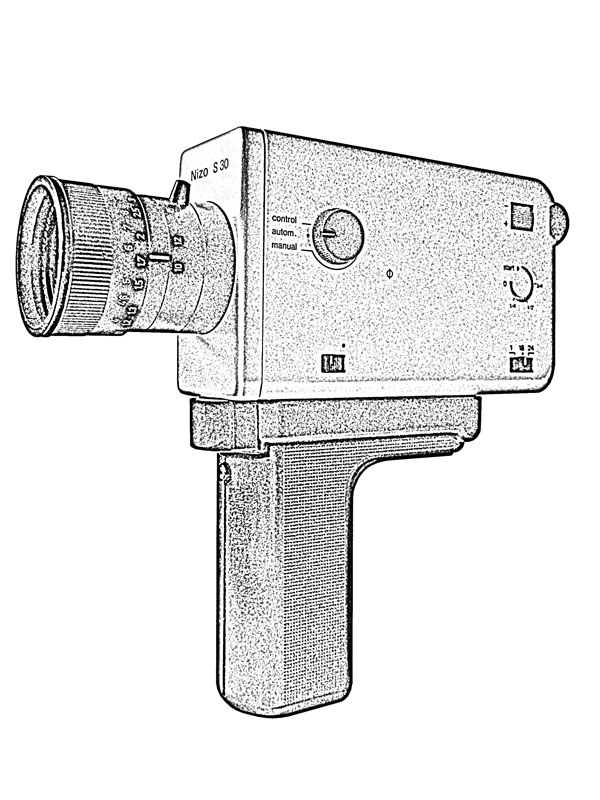
Citizen-generated film footage – from the Zapruder film, to the Rodney King beating, to 9/11 – has long served an important role in shaping media narratives around major news events. Yet, with the recent advent of smartphones, virtually everyone will soon have the ability to film public events at virtually anytime. What many people do not realize is that the legality filming other people varies widely from state-to-state. Massachusetts and Illinois, for example, both have strict laws about filming without consent, even in public.
Nevertheless, the technologies are increasingly being used by everyday citizens to record interactions with those in positions of authority. This trend is often described as sousveillance (meaning observation from below). For some people, this instinct to record of seemingly significant events has become almost second nature. Consider the recent video from Casey Neistat, who immediately pulled out a camera when stopped by an officer while biking.
On Point with Tom Ashbrook also recently aired an excellent show on the consequences and legality of citizens filming police actions, where guests discussed many instances of individuals being arrested for filming the police. These events raise the question: In the age of hyper-visibility, has it become a basic right to film events in public spaces? Has prior consent become too impractical to enforce? Who benefits?

Comments 3
nathanjurgenson — June 16, 2011
The Legal Handbook for Photographers pretty much says, with some exceptions, that if most things in public space are legal to photograph. Is film different?
replqwtil — June 18, 2011
I dunno if you guys have been following the stuff happening in Vancouver following the hockey riots post Stanley Cup finals, but it has a definite relationship with this question.
Sites such as http://publicshamingeternus.wordpress.com/ have sprung up, and are now actively using the documentation taken from the crowd at the riot itself to identify and shame those engaging in violent actions. To me at least, this is a completely new phenomena from what I have seen before, and pretty damned interesting. The concept of sousveillance and omniopticon seem to be well illustrated.
It's not only "online" where anonymity is disappearing, even in a large public crowd engaged in "mob mentality" people are no longer nobody. The crowd is constantly monitoring itself now. I seriously wonder what the repercussions of this kind of auto-monitoring will be on future events like this...